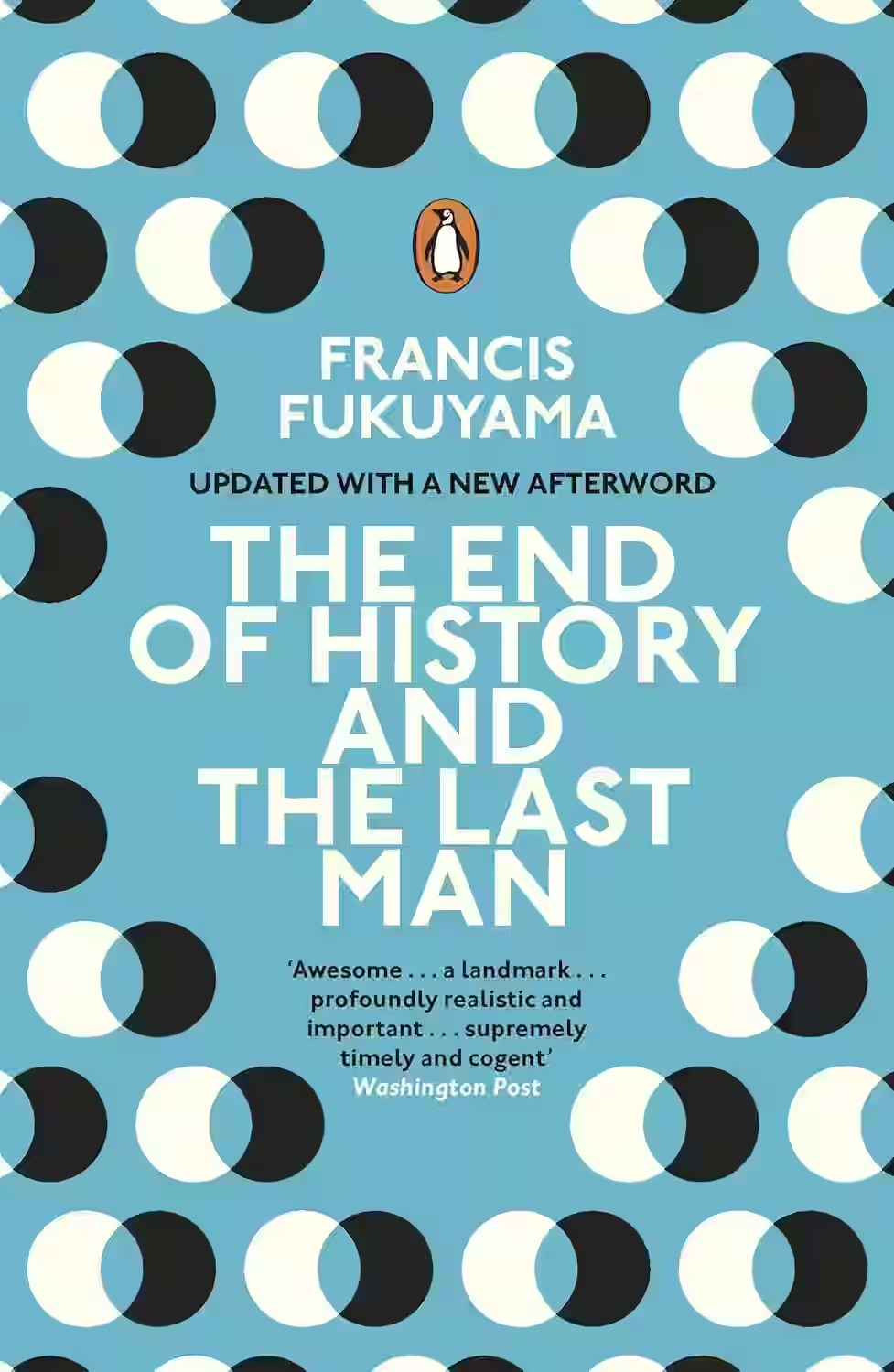Francis Fukuyama
Francis Fukuyama is an American political scientist, economist, and author known for his profound impact on literature and political theory. Born in Chicago in 1952, Fukuyama earned his Ph.D. from Harvard University and is a prominent scholar focusing on democratic governance and international relations. He gained worldwide recognition with his influential book 'The End of History and the Last Man' (1992), which suggested that liberal democracy had triumphed as the final form of government. Fukuyama's work has sparked debates about political ideology and the future of society. His insightful analysis continues to shape discussions on democracy, global politics, and societal progress.

In 'The End of History and the Last Man,' Francis Fukuyama explores the concept of the end of history, arguing that liberal democracy represents the final form of government and the ultimate goal of human socio-political development. Fukuyama delves into the Hegelian idea of humanity's journey towards a universal state of freedom and democracy, positing that the fall of the Soviet Union marked the realization of this vision. However, he contemplates the challenges to this theory, particularly the rise of identity politics and challenges to the liberal democratic order. This thought-provoking book continues to spark debates on the future of global governance and ideology.